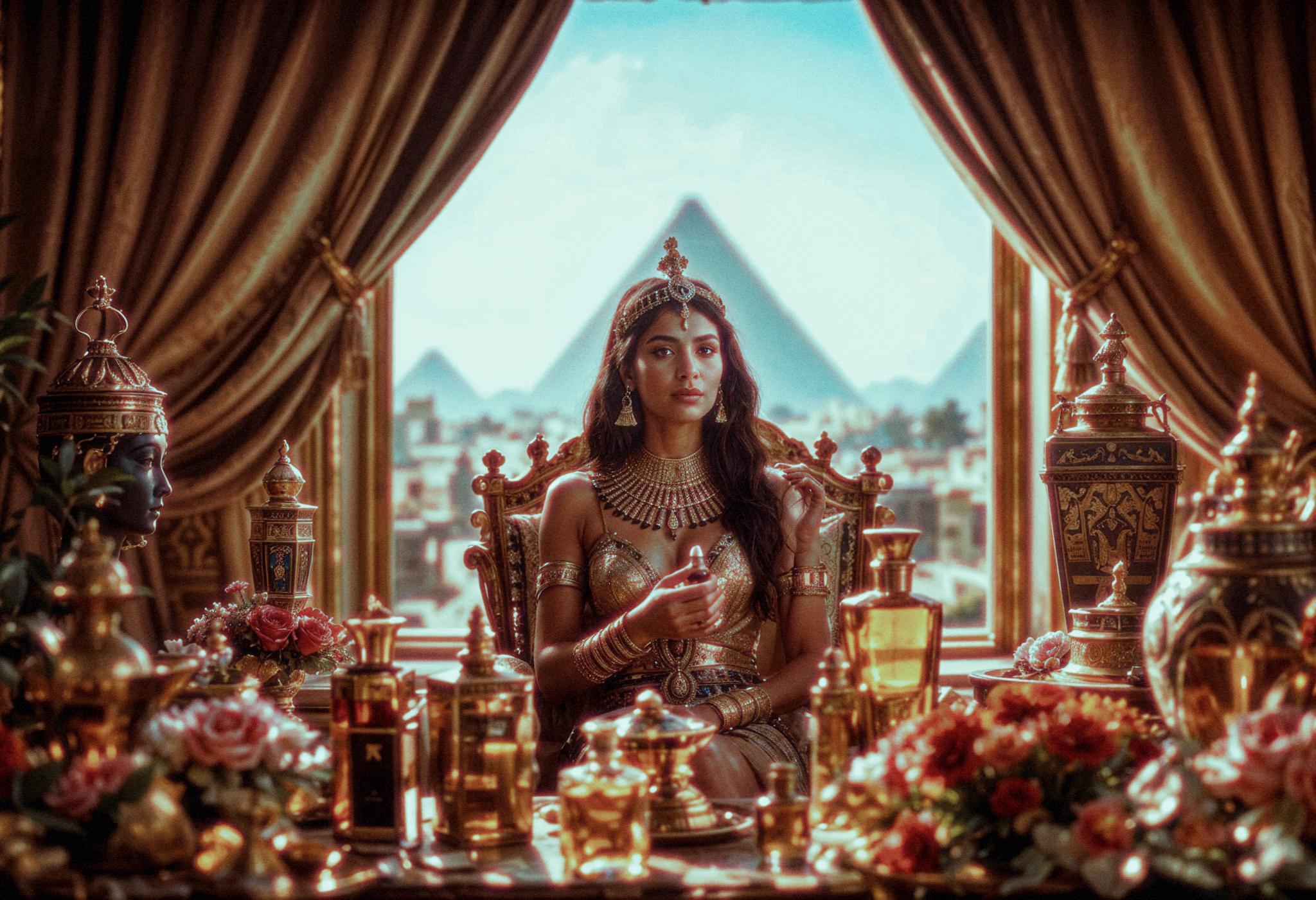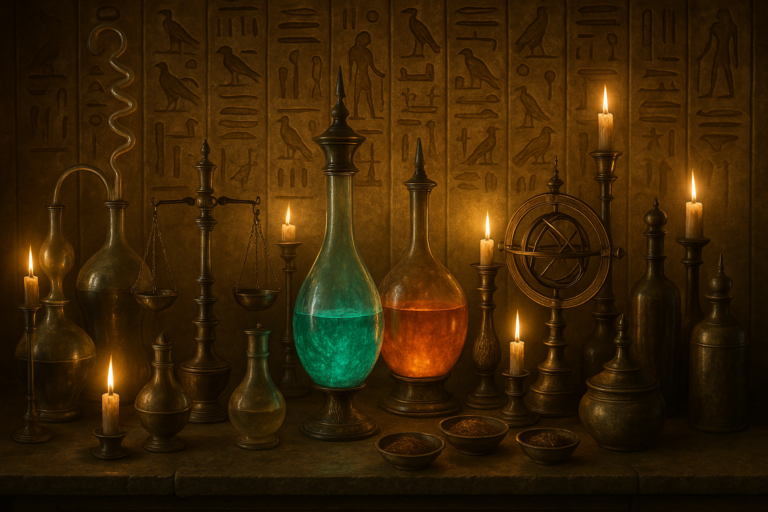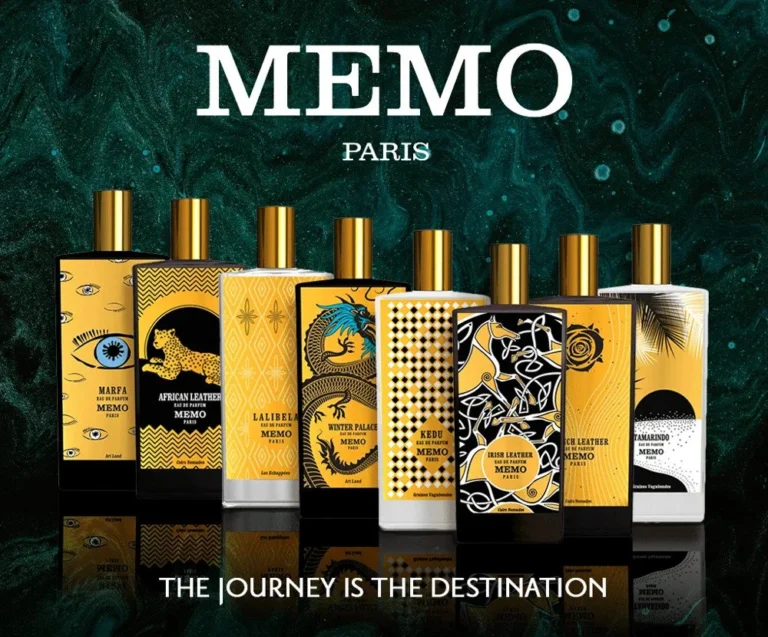Cleopatra: The Queen of Fragrance

Cleopatra and Her Favorite Fragrance
Cleopatra, the last active ruler of the Ptolemaic Kingdom of Egypt, remains one of history’s most enigmatic and iconic figures. Known for her intellect, political acumen, and mesmerizing beauty, she has captivated imaginations for centuries. Among the many legends surrounding her, one particularly tantalizing aspect is her affinity for fragrances and how she used them to weave an aura of power and seduction.
The Role of Perfume in Ancient Egypt
Perfume in ancient Egypt was not merely a luxury; it was a cultural cornerstone. Egyptians believed fragrances held divine power, capable of bridging the earthly and spiritual realms. Incense was burned in temples to honor the gods, while scented oils were used in rituals, ceremonies, and even in the embalming process.
For rulers like Cleopatra, perfume was a potent tool to communicate status, wealth, and divine favor. It was also a personal expression of identity. Cleopatra’s fragrances were more than a sensory indulgence; they were part of her strategy to captivate allies and enemies alike.
Cleopatra’s Perfume Legacy
Cleopatra’s love for perfume is legendary. Historical accounts suggest that she had her own perfumery on the grounds of her palace in Alexandria. This was not merely a space for blending oils; it was a sanctuary of alchemy and artistry. Cleopatra’s signature scents were likely crafted with rare and exotic ingredients sourced from across her vast empire and beyond.
One of the most famous anecdotes about Cleopatra’s use of perfume involves her meeting with Mark Antony. As the story goes, she arrived in a golden barge with perfumed sails. The air was heavy with the intoxicating aroma of burning incense and oils, so much so that the scent reached Antony before Cleopatra herself came into view. This grand olfactory display was not just a show of luxury but a calculated move to enchant and overwhelm Antony’s senses, ensuring her entrance was as unforgettable as it was alluring.
What Was Cleopatra’s Favorite Fragrance?
While the exact composition of Cleopatra’s favorite fragrance remains a mystery, historians and archaeologists have pieced together clues from ancient texts, artifacts, and recent discoveries. One of the most intriguing finds was the excavation of a site near the ancient city of Thmuis, where researchers uncovered what they believe to be an ancient perfumery. Residues from the site suggest that the perfumes of Cleopatra’s time were rich, complex, and heavy on resins and spices.
Based on historical evidence, Cleopatra’s signature fragrance likely included:
- Myrrh: Revered in ancient times, myrrh has a warm, resinous scent that’s both calming and grounding. It was often used in religious ceremonies and as a base note in perfumes.
- Frankincense: Known for its sweet, woody aroma, frankincense was a symbol of divine connection and was widely used in Egyptian rituals.
- Cardamom: A spice with a unique, slightly sweet scent, cardamom added a touch of exoticism to Cleopatra’s blends.
- Rose: Associated with love and beauty, rose oil was prized in ancient Egypt. Its floral aroma would have added a romantic and feminine note to Cleopatra’s perfume.
- Blue Lotus: A sacred flower in ancient Egyptian culture, the blue lotus symbolized rebirth and was believed to have aphrodisiac properties. Its sweet and slightly fruity aroma would have been a key component of Cleopatra’s fragrance.
The Science Behind Cleopatra’s Scent
Modern research into ancient Egyptian perfumes reveals that they were far more complex than initially assumed. The process of creating these fragrances involved meticulous blending, aging, and the use of animal fats or oils as carriers. This ensured that the scents were long-lasting and deeply penetrating.
Cleopatra’s understanding of fragrance was likely intuitive and scientific. She would have known how different ingredients interacted, how they evolved on the skin, and how they could evoke specific emotions and reactions. Her perfumes were not just accessories; they were tools of persuasion, designed to captivate and control.
The Enduring Allure of Cleopatra
Cleopatra’s life and legacy continue to fascinate us not just because of her political prowess or legendary romances but because she understood the power of perception and the senses. Her use of fragrance was a testament to her ability to turn even the ephemeral into an enduring symbol of her reign.
As we delve into the mysteries of her favorite perfume, we’re reminded of the timeless connection between scent and identity. Cleopatra’s story teaches us that fragrance is more than a mere accessory; it’s an art form, a science, and, above all, a means of self-expression.
So, the next time you dab on your favorite perfume, think of Cleopatra and the ancient alchemy that transformed simple oils and resins into a symphony of seduction and strength. Her scent may be lost to time, but its essence lingers on, inspiring us to embrace the magic of fragrance in our own lives.






